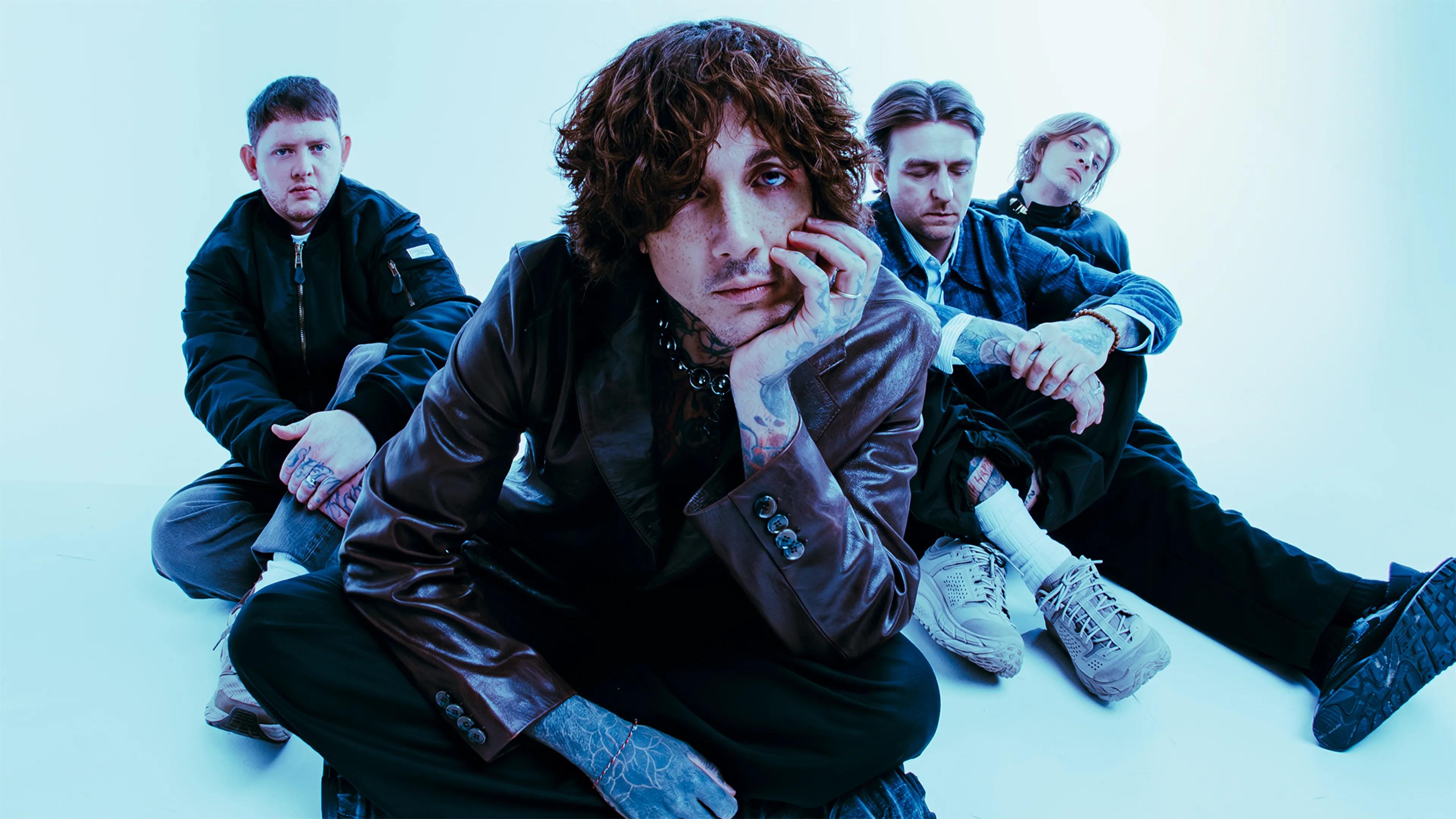The other big change for Horizon is that much of NeX GEn was written and recorded following Jordan Fish’s exit from the band at the end of last year. As a production whiz and a musician with a knack for getting what Oli was driving at during his years in the ranks, his departure raised a question for how things would work in the studio going forward. As it turns out, when the band continued chipping away at the album, it made Oli realise a few things as well.
“At first, it felt like it was going to be like losing a limb, to be honest. Just because Jordan was such a massive part in the record, and I’ve grown as a musician with him over the last 10 years. And there's no doubt that he's an incredible producer.
“I guess what I hadn't realised and seen in those 10 years is that I think it became ‘the Oli and Jordan show’ a little bit. We were just so keen to be making music all the time. Post-rehab for me and coming off drugs, I was thinking I needed to throw myself into something, and I threw myself into music. And I became addicted to that. What I didn't realise was how much the rest of the band were being pushed out in the process. Not that we weren’t letting them in, but we were moving so fast that we weren't stopping sometimes to [ask the others] to have as much input.”
It was when the band reconvened to write Kool-Aid, the first music of the new age of Horizon, that Oli saw this.
“It was really cool to see how happy it made them, for a start,” he smiles. “And then also to realise how much we’d been missing [without their input]. It felt like there was some Bring Me The Horizon DNA that’s maybe been missing in the last few records, that came back instantly. Matt, just taking the drums that we'd done while we were writing, and doing what he likes to call ‘humanising them’. It was great to see how fucking stoked he is to be a part of it. Maybe at one point, I thought they were all happy to take a backseat, so it's really brought us as a unit together so much more, and the music’s shone.
“I will never say a bad word about Jordan in terms of the creativity he brought,” Oli continues. “He taught me to sing. He taught me so much about music, and I think he'd probably agree that I taught him a lot in a different way. But I always knew what I wanted. I always have a vision with our albums and our songs. And so it doesn't really matter who we're working with or whatever – we'll get there, one way or another.”
